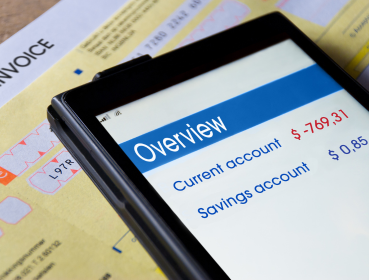Bank overdraft fees can be a frustrating and expensive surprise, often leaving individuals feeling financially strained. These fees occur when you spend more money than what is available in your bank account, causing your account balance to go into the negative. However, with careful planning and mindful financial habits, you can avoid these costly fees and regain control over your finances. In this post, we will explore some strategies to help you steer clear of overdraft fees.
Regularly Monitor Your Account
One of the best ways to avoid overdraft fees is to stay on top of your finances by regularly monitoring your bank account. Make it a habit to review your account balance and transaction history at least once a week. This way, you can quickly identify any discrepancies or potential issues and take necessary actions before it leads to overdraft situations.
Set Up Account Alerts
Most banks offer account alert services through email, text messages, or mobile apps. Take advantage of these notifications to receive updates on your account balance, transactions, and upcoming bill payments. By setting up low balance alerts, you’ll be promptly informed when your balance is nearing a certain threshold, allowing you to take immediate action to avoid overdrafts.
Keep a Budget
Creating and sticking to a budget is an essential tool for maintaining financial stability. It helps you plan your expenses, track your income, and identify areas where you may be overspending. By understanding your cash flow and spending patterns, you can make informed decisions and avoid situations where your expenses exceed your available funds.
Opt Out of Overdraft Protection
Many banks offer overdraft protection services that allow transactions to go through even when you have insufficient funds, but they come with high fees. Consider opting out of overdraft protection to avoid these charges altogether. While this means that transactions might be declined if you lack sufficient funds, it helps ensure you maintain control over your finances and avoid unnecessary fees.
Link Checking Account to Savings Account
Some banks provide the option to link your checking account with a savings account as an additional overdraft protection measure. In case of insufficient funds in your checking account, the bank will automatically transfer funds from your linked savings account to cover the deficit. While this may still incur a fee, it is usually lower than typical overdraft fees.
Bank overdraft fees can be a drain on your financial well-being, but with a proactive approach, you can minimize the risk of incurring them. Remember, being mindful of your spending and staying informed about your financial situation are the keys to avoiding unnecessary expenses and building a stronger financial future.


